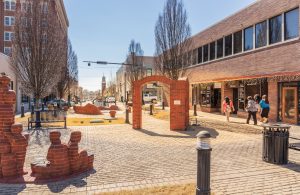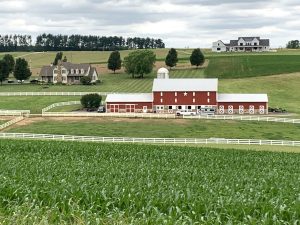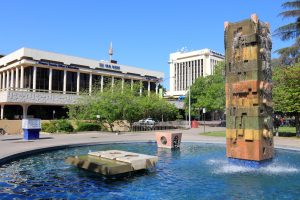In the Twin Cities, Mosaic worked with the Fair Housing Implementation Council, a client group of 15 cities and counties, to develop an analysis of housing development patterns and their impact on social equity. Our work included geospatial analysis of the locations of subsidized affordable housing, an exploration of market trends in unsubsidized “naturally occurring” affordable housing, discussion of gentrification and its relationship to displacement, a review of over 20 local zoning codes, analysis of selection and preference policies for 10 Public Housing Authorities, incorporation of public input from over 800 low-income community members, and detailed set of policy recommendations. The climate surrounding Mosaic’s work was contentious due to legal challenges confronting the Council and divided opinions within the community regarding approaches to a more equitable housing policy. Mosaic’s team worked toward consensus by listening carefully and taking seriously each stakeholder group.
The Twin Cities is one of the most racially and ethnically diverse regions in the United States, home to some of America’s largest immigrant and refugee populations. Mosaic’s project framework successfully facilitated culturally-appropriate engagement with these difficult-to-reach groups and incorporated their input into the analysis. By partnering with an array of existing organizations with diverse constituencies, Mosaic provided tools and resources to assist these organizations in gathering and reporting out input from within their respective communities. From meetings to talking circles to informal kitchen-table conversations, our local partners found innovative ways to successfully engage residents in the study.


